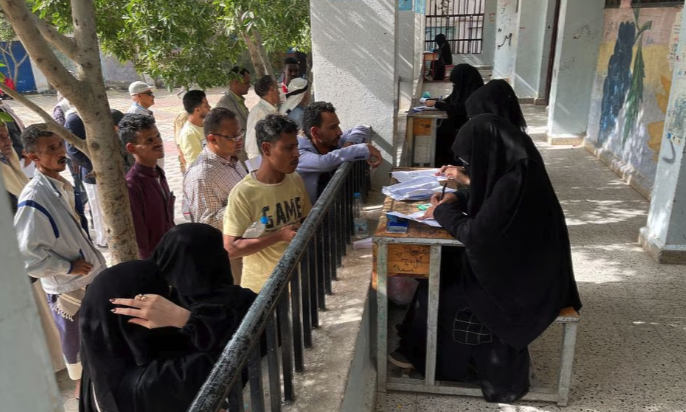UN seeks $4.3 bln for Yemen aid as global crises test donor coffers
Dubai (Reuters) – The United Nations will ask crisis-strained donors on Monday to come up with $4.3 billion to finance this year’s aid plan for Yemen, one of the world’s top humanitarian disasters despite a no-war, no-peace stalemate that has largely stopped fighting.
Underfunding has seen agencies scale back Yemen aid projects, including food rations, in the past couple of years. Last year donors gave $2.2 billion of the $4.27 billion sought, U.N. data shows.
“Record global humanitarian needs are stretching donor support like never before, but without sustained support for the aid operation in Yemen, the lives of millions of Yemenis will hang in the balance,” said a U.N. statement.
The high-level pledging event is being co-hosted by Sweden and Switzerland. Globally the United Nations has said it needs a record $51.5 billion for aid this year.
Yemen’s eight-year conflict pits a Saudi Arabian-led military coalition against the Iran-aligned Houthi group which ousted Yemen’s internationally-recognised government from the capital, Sanaa, in late 2014.
A U.N.-brokered truce initially agreed last April has delivered the longest stretch of relative calm and has largely held despite expiring in October without agreement between the warring sides to extend it.
The U.N.’s World Food Program (WFP) said that, over the past year, the number of people living in famine-like conditions fell from 161,000 to zero, but warned that gains could be reversed.
“We’re hearing reports that food insecurity is increasing,” WFP Yemen director Richard Ragan said.
The WFP, which feeds 13 million in Yemen and seeks $2.9 billion this year, says funding shortfalls have left most of its activities at reduced levels. Since June, five million people have been receiving half their daily needs and eight million have been getting a quarter.
“Ultimately, ending the conflict is the only way to end this humanitarian catastrophe. The temporary ceasefire demonstrated the potential to reduce civilian suffering,” Jared Rowell, IRC Yemen Country Director said.
Saudi Arabia and the Houthis are engaging in direct talks facilitated by Oman in parallel to U.N. efforts to establish a formal ceasefire and launch inclusive political negotiations.
The United States, Saudi Arabia, Germany and the European Union were the top four donors last year, U.N. data shows.


